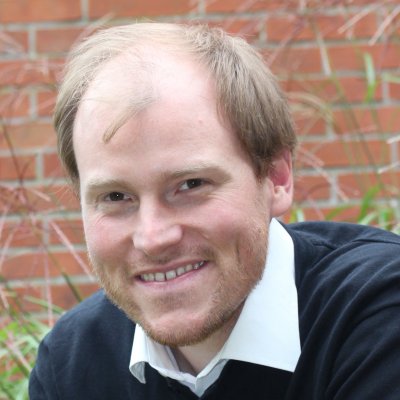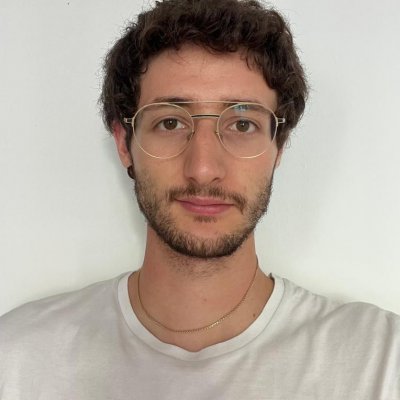2024
18.10.2024 — Sebastian visited the group of Marco Cecchini at the University of Strasburg today and gave a seminar entitled "Unraveling protein function and dysfunction by means of coarse-grained molecular dynamics". Thank you for the invitation and the exciting discussions!
09.10.2024 — We are well represented at the international symposium "New Horizons in Membrane Biology" at the Goethe University Frankfurt. Sebastian will give a talk about the inositol trisphosphate affinity of the Tubby protein, Cristina and Saara will present posters about G-protein coupled receptors and extended synaptotagmins. Thank you to the organizers for putting up such a great meeting literally next door!
26.09.2024 — Congratulations! Thilo handed in his Master thesis today and will start his PhD thesis in the Thallmair group in October. We are glad that Thilo will remain part of our team!
16.04.2024 — Within the Martini Force Field Initiative, we developed and extensively tested an enhanced GōMartini model in large collaborative consortium led by Paulo C. T. Souza and Sebastian. The work demonstrates the capabilities of the GōMartini 3 model for test cases ranging from protein-membrane and protein-ligand binding to single molecule force spectroscopy. Moreover, it can be used to address inaccuracies in the Martini 3 protein model. The long-awaited preprint entitled "GōMartini 3: From large conformational changes in proteins to environmental bias corrections" is out now!
05.04.2024 — Sebastian attended the CECAM flagship workshop on frontiers of coarse-grained models in Lyon this week. In his talk, Sebastian presented developments and applications of the Martini 3 protein model and light-switchable molecules. Thanks to Paulo C. T. Souza and the other organizers for putting together such a nice program!
24.03.2024 — G protein-coupled receptors are an important class of cell receptors which reside in the membrane. Using coarse-grained molecular dynamics simulations, we showed that they can also facilitate membrane crossing of drug molecules. Our results are now available in a preprint entitled "GPCR surface creates a favorable pathway for membrane permeation of drug molecules".
15.03.2024 — In the last two days, the Scientific Advisory Board visited the FIAS to get an overview of the diverse research activities at FIAS. Cristina, Saara, and Thilo presented the projects of the Thallmair Group with much commitment!
12.03.2024 — Today, Sebastian gave a talk entitled "Unraveling protein function and dysfunction by means of coarse-grained molecular dynamics" at the Max Planck Institute for Polymer Research in Mainz. It was great meeting old friends and making new connections! Thanks for the invitation and the exciting discussions!
07.03.2024 — In the FIAS Forum Lecture Series, FIAS Fellows present current scientific topics to a broader audience. Tonight, Sebastian will give a talk (in German) entitled "Wie Lichtschalter in Medikamenten der Zukunft eingesetzt werden können". Last-minute participants can find more information in the announcement.
09.02.2024 — Cristina will attend this year's Biophysical Society Meeting in Philadelphia (PA, US), where she will present a poster entitled "Exploring Lipid and Ligand Flip-Flop on the Surface of a GPCR: A Martini 3 Study".
02.02.2024 — We are glad that the SCALE Initiative is invited to submit a full proposal within the Excellence Initiative! Sebastian contributes to the proposal as an associated PI. Congratulations to all collaborators!
01.01.2024 — The Thallmair Group wishes a Happy New Year and looks forward to great collaborations, exciting research results, and interesting conferences!










